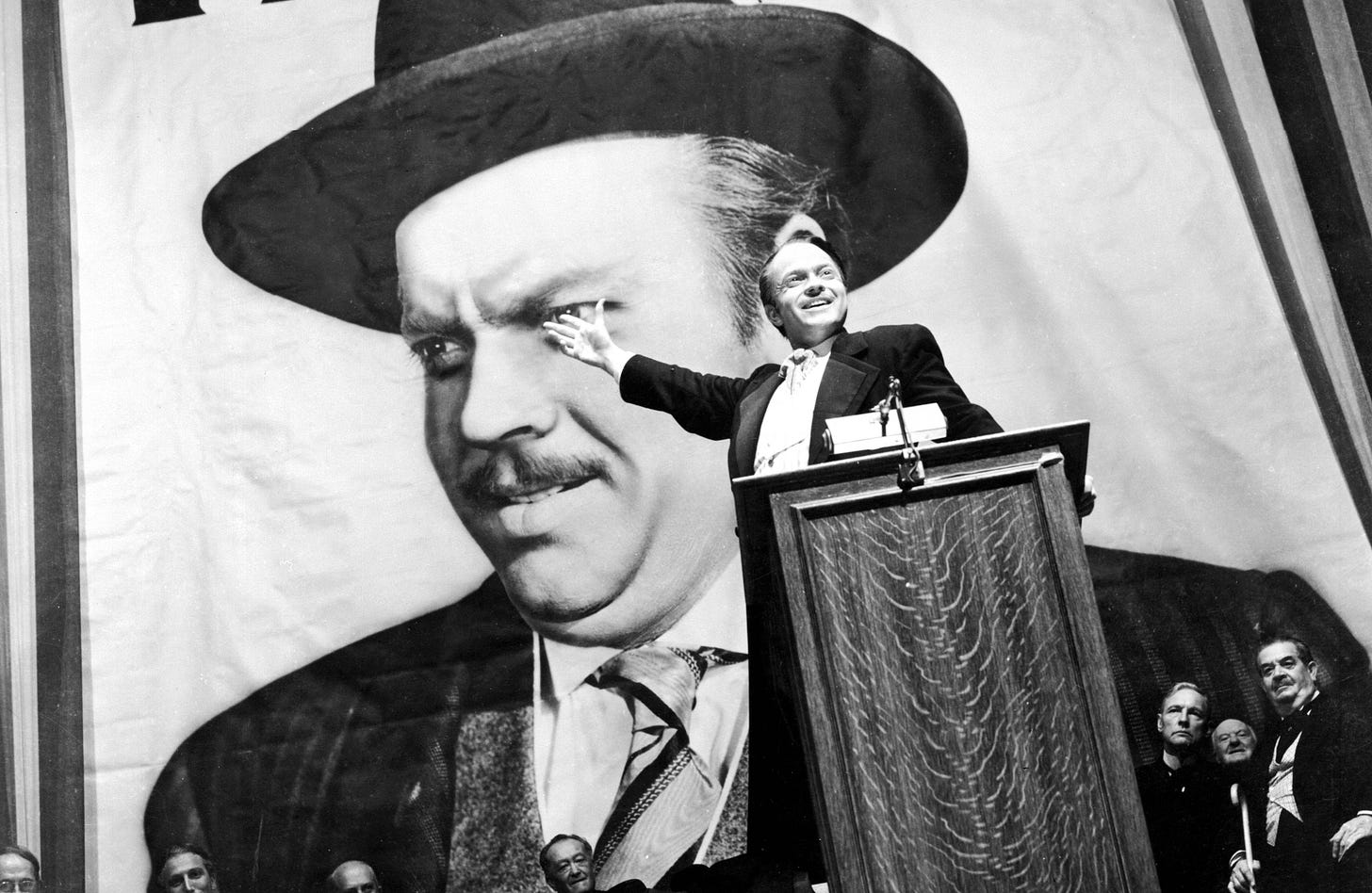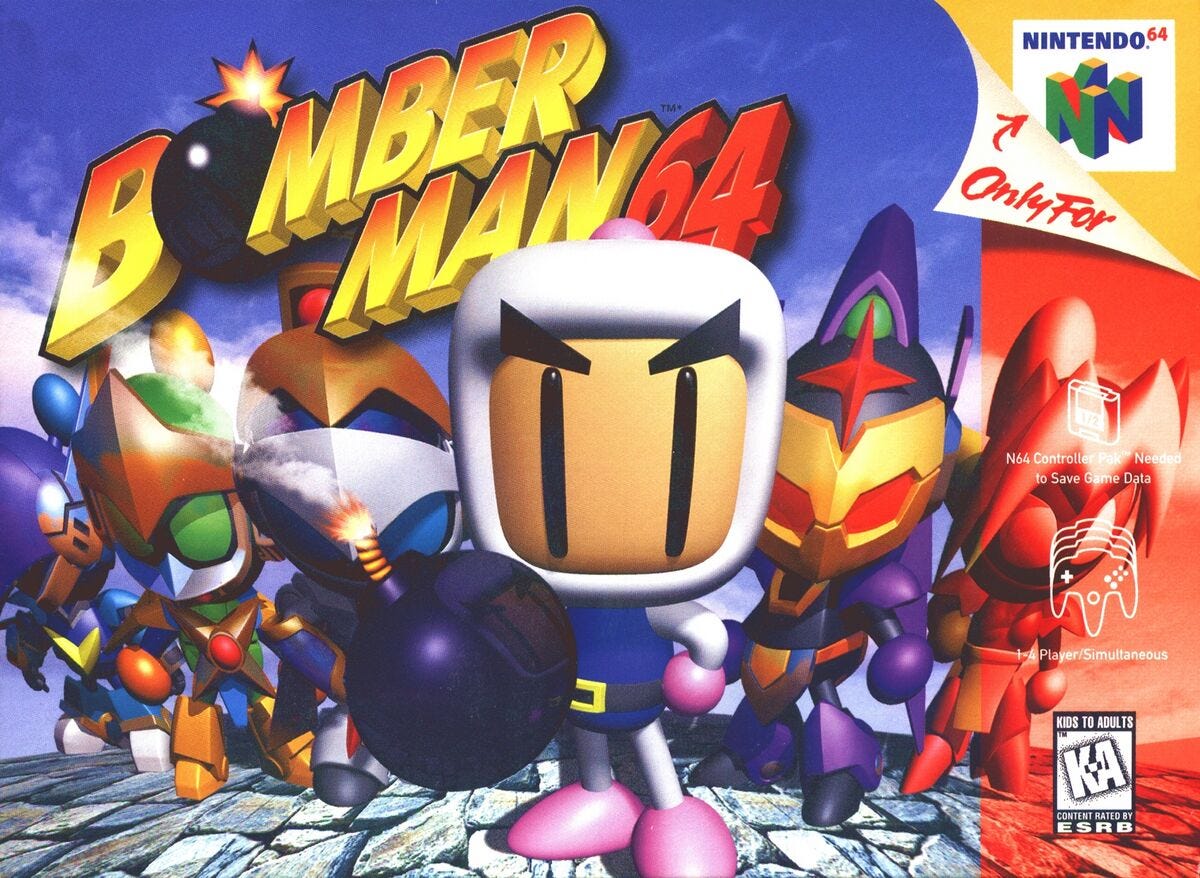Opinion - The Game Preservation Problem
The Number One Problem in Gaming
The Biggest Issue with Gaming
There are many issues with the video game industry, some small and some big. We have problems with studio closures and questions around the struggle of big companies needing to make profits going up against the wants and desires of their developers. We have a problem with the rising costs of video game development and how games need almost impossible sales goals to make their money back. We need more representation in the industry for marginalized communities. We have the problem of women in the industry becoming targets by their bosses and senior management and female gamers who aren’t taken seriously in spaces dominated by men. So yes, we have many problems with the industry and the discussions around it. However, I have argued for years that there is one issue that is the biggest issue for the industry, and that is game preservation.
Now, I want to get one part out of the way before I dig in here. Whenever video game preservation comes up, it immediately becomes a physical versus digital debate. To be open with everyone here, I tend to roll my eyes when this is brought up because I don’t think its part of the subject. Let me explain before you get too mad, physical defenders. I consider that discussion an OWNERSHIP issue, not a preservation issue. There is a very real debate, and discussion to be had regarding physical versus digital, and even someone like me who has fully embraced digital acknowledges the pitfalls of my decision. However, the problem is that ownership, for me, does not equal preservation.
When I think of video game preservation, I think about how my grandchildren and great-grandchildren can access a game made before their time. Let me hit you with an example: Citizen Kane is considered by many film scholars and cinephiles to be the greatest movie of all time. That’s a movie that came out in 1941 - 84 years ago! Despite this, I can get this movie on a Blu-Ray or DVD, download it, or stream it. This is because movies aren’t limited by necessary technological architecture and control schemes. Sure, we’ve had moments where home media evolves, and movie collectors have to start over again. Still, they won’t have to worry about whether a movie can theoretically work in the new box. In that case, physical versus media makes more sense when discussing preservation. However, with video games, that’s a short term solution.
The Lost Games
No one in the gaming space brings this up, but there are video games that are on their way to becoming lost video games, similar to the issue of many silent-era films that have been lost. These are games that the publisher and studio will have zero interest in releasing again. Therefore, they are stuck in old retro consoles that have increased in price and will most likely be expensive rare items in a couple of generations. One game I always think about is Bomberman 64, a game I have a deep connection to from my childhood but has been stuck on the N64. I have never seen anyone bring this subject up, but it will happen, and the term lost video game will become more common. In this case, those lucky enough to own the game now and have a working system to play it with should treasure it. Owning that game helps your ownership part of the debate, but will generations from now be able to play it? By then, cartridges will be mostly e-waste, and retro games will become expensive collector items.
This is why I never got mad about Nintendo’s re-releases of many of their major titles. Sure, money plays a big part but remember that Nintendo’s systems have jumped between several technological architectures. Skyward Sword HD may have felt like a waste to you, but Nintendo released that game on Switch and got it to their modern architecture (Wii’s PowerPC to Switch’s ARM). It also made it available to younger gamers who never played it before. There are games I want to recommend to younger gamers, but then I have to stop and remember that some of these people won’t have access to an old system, and that game may be stuck there. To me, video game preservation is easy access to all titles across different years and keeps them alive. Could you imagine that the Walt Disney masterpiece Bambi had issues with younger generations getting a hold of the movie because it wasn’t sold anymore due to technological changes?
The Solutions
Now, I can already hear what many hardcore gamers would tell me when discussing this: either scream about buying physical (again, to me, that’s an ownership issue and doesn’t deal with long-term preservation) or play on emulators. I have used emulators in the past, and I agree they have done a great job of keeping games that haven’t received modern releases alive. However, emulators sound easy for someone like you or me, but for the everyday consumer, you will confuse a good chunk of them. That’s before we get to the legal debate around them and how many are being taken down, as companies have a legitimate concern and legal grounds for what they do.
There are some solutions we can see, however. There are remasters and remakes, which can give an old game new life, and younger generations can see what we older gamers were so hyped up about. These are great, but few, and they don’t address all games. Not to mention, they’ll have the same issues as those games get older. There’s Microsoft’s Xbox backward compatibility, which is, for my money, the best backward and forward-compatible feature of the big three. With my Xbox Series X, I can play damn well almost every Xbox One game and play a good chunk of Xbox 360 titles as well. This is their most underrated feature and one of the main reasons Xbox has become my main non-Nintendo platform. Sony and Nintendo also seem to have taken notice, as PS5 can play PS4 games, and Switch 2 will play Switch games as well. This is a great start at addressing the problem.
We do have evidence on how video game preservation for the long term can work, and it’s on PC. When you think about it, the PC is the best representation of preservation regarding software. You can play some of the oldest software on a computer on any PC. PC games don’t have the preservation issues consoles/platforms have. I think Microsoft is looking at what PC gaming has done for inspiration on how they hope to fix game preservation.
The last solution may, unfortunately, be a while away because it depends on waiting for cultural and generational changes. I’m talking about a law passed by governments. Currently, Congress is filled with people who have probably never or barely played video games. If you bring up the arts of entertainment to them, they’re more likely to want to look into movie or music preservation over video games. However, as the younger generations go in and have more experience and memories with video games, they may pass a law addressing access to video games. Add in the debate around digital storefronts and de-listing, and eventually, government bodies around the world will have to look into giving consumers more power over their digital purchases.
My Dream Solution
So, what do I believe would be the fix for the long-term video game preservation problem? Well, one thing I would love to see is a fixed deadline for when games are forced to be released to the public if a company refuses to sell said game. This part of my solution will prove controversial and tough and require government action. The way I see it, if Konami never wants to release Bomberman 64, the source code should go public and have it made available. Obviously, my compromise would be for Konami and others to be given a thirty or forty-year deadline, and the incentive would be there if they want to make money from it to release it to modern platforms and avoid the deadline. Again, companies would be screaming no at this, so it would require laws, and I do understand this is the more controversial part of my solution. I don’t think it's fair that games are locked away and never to be played again because a company refuses to give gamers access to them.
Of course, there’s access to your digital library. I know this is where the physical people go nuts and attack digital due to the fact that companies can delist and have more power over purchases made through digital marketplaces. Again, this probably would require government action to ensure consumers are always allowed access to their digital purchases.
We must also remember that these games are threatened mostly due to hardware. From what I can tell and the little I’ve read, it is much easier to put games across multiple consoles and CPU architectures than ever before. Microsoft is all in on the idea of access to their Xbox titles across all these different devices, and that looks to me like the start of the hardware barrier coming down. I’m not dumb; I understand we still have a long way to go before we get there, but games becoming more accessible across different ways beyond being stuck in a company’s plastic box would go a long way for long-term preservation. I’ve been open about supporting Xbox and making their games available in many places. If there’s anyone who is the best at dealing with preservation in the console space, it’s Microsoft.
The industry needs a solution to this. If we want to accept video games as a part of art and entertainment, we need these consequential games to be available to all generations. There are solutions, but they are either short-term or more about ownership than long-term access to future generations. I hope that as video games become more and more a part of people’s lives, we get more of a push to solve this issue. When I’m nearing my 80s (God willing), I want to see the new crop of gamers be able to play titles like Super Mario World or Uncharted the way I can see a masterpiece like Citizen Kane today.
Be Nice to All






I'm wondering if we see the industry propose a solution before a law gets passed. If/when the CFPB gets resuscitated here in the US, that could happen, especially re: digital ownership issues, or maybe the EU leads the way, as they're starting to do on digital privacy.
This is why I've been investing more in Switch games - having the game on the cart is far more permanent to whatever disc-based gaming is becoming. And yes, Switch 2 being mostly backwards compatible is a big deal.